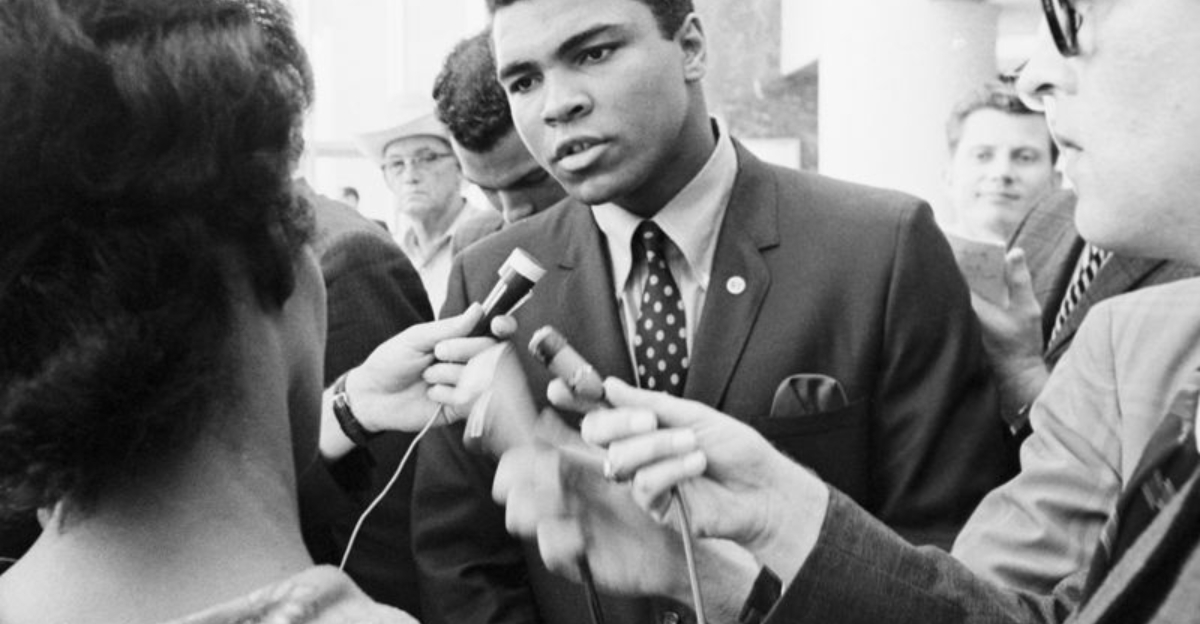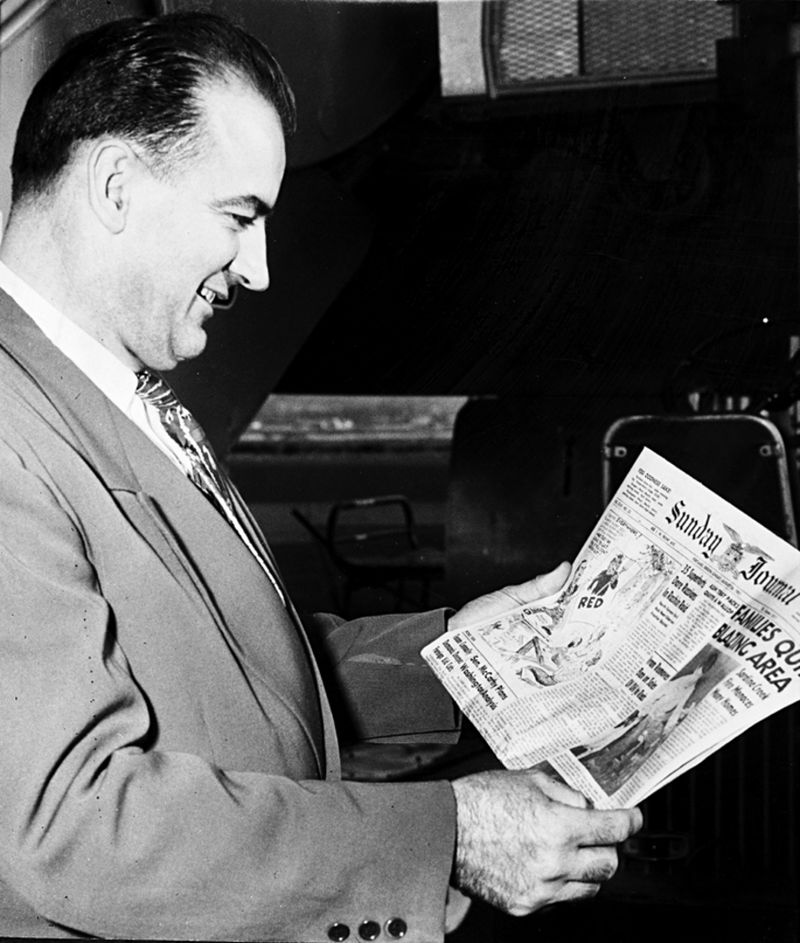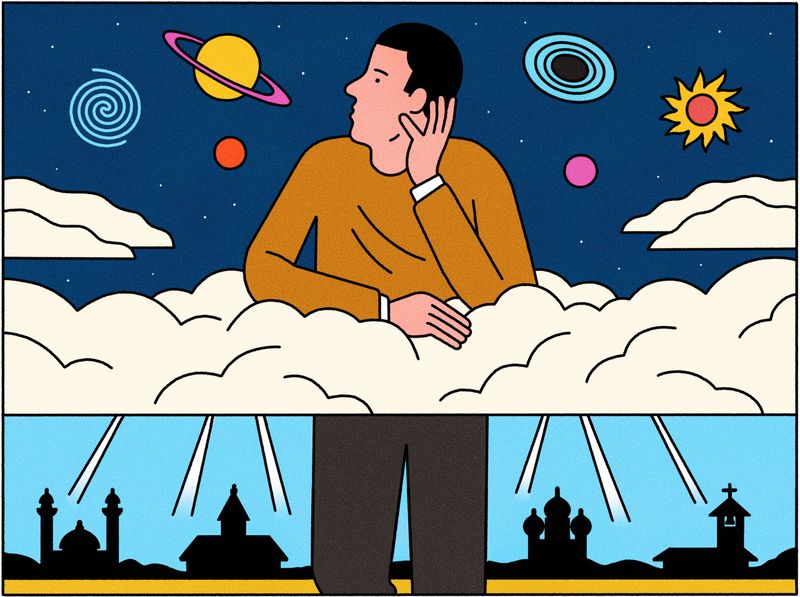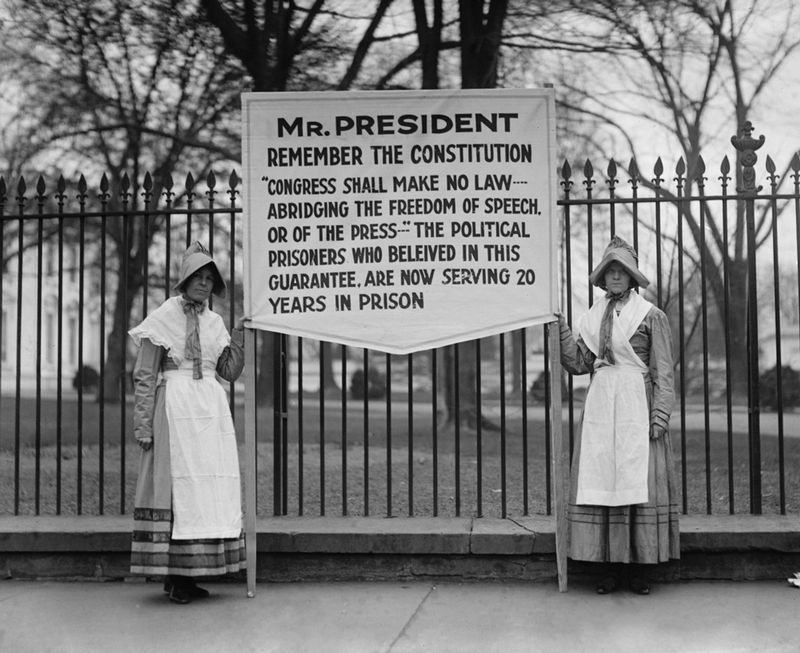Words have power – especially in America’s past. What might seem like harmless phrases today could have landed you in serious trouble just decades ago.
From political opinions to personal lifestyle choices, everyday expressions were policed in ways that seem shocking to modern ears.
Take a journey through America’s complicated relationship with free speech and discover how far we’ve come.
1. “I’m a Communist” – McCarthy Era (1940s–50s)
The mere whisper of communist sympathies could destroy lives during the Red Scare. Hollywood screenwriters, government employees, and ordinary citizens faced FBI investigations, public hearings, and even imprisonment.
Teachers lost jobs. Neighbors reported neighbors. The Hollywood Ten spent time behind bars simply for refusing to name suspected communists.
States like California and New York were particularly zealous in their witch hunts, creating a climate where even owning certain books could trigger suspicion.
2. “I Refuse to Say the Pledge”
Before the landmark 1943 Supreme Court case West Virginia v. Barnette, students who wouldn’t recite the Pledge of Allegiance faced harsh consequences. Jehovah’s Witness children were expelled from schools across America for following their religious beliefs against pledging to symbols.
Families received threats. Children endured bullying.
Particularly in patriotic heartland communities, refusing this daily ritual branded you un-American and potentially dangerous to national security.
3. “I Challenge You to a Duel”
The gentleman’s way to settle disputes once carried legal consequences far beyond a potential bullet wound. Kentucky and Tennessee required public officials to swear they’d never participated in duels.
Famous duels like Hamilton-Burr ended political careers and lives. Even verbal challenges could result in fines or imprisonment.
Dueling persisted longest in Southern states where honor culture remained strong, with laws against the practice still technically on the books in some states today.
4. “God D*mn” or Public Blasphemy
Colonial-era blasphemy laws survived well into the 20th century. Massachusetts fined citizens for profane speech until the 1970s, while South Carolina’s anti-blasphemy statutes remained technically enforceable for decades longer.
Sunday school teachers warned children. Church leaders demanded enforcement.
Rural communities particularly maintained these standards, where a slip of the tongue in public could mean social ostracism, fines, or even brief jail time in extreme cases.
5. “I Don’t Believe in God”
Atheism wasn’t just socially unacceptable – it was legally problematic. Multiple state constitutions explicitly barred non-believers from holding public office or testifying in court.
Arkansas maintained such restrictions until 1961. Mississippi’s constitution still technically contains this language today, though it’s unenforceable.
Job loss, housing discrimination, and family rejection followed public declarations of non-belief, especially in the Bible Belt where community life centered around church activities.
6. “I’m Gay”
Sodomy laws criminalized same-sex relationships in many states until the Supreme Court’s Lawrence v. Texas decision in 2003. Coming out could trigger police raids, entrapment operations, and public humiliation through newspaper exposure.
Gay bars were regularly raided. Names appeared in papers.
Beyond legal consequences, people lost jobs, housing, and family connections. Military personnel faced dishonorable discharge, while teachers in conservative districts were immediately terminated for “moral turpitude.”
7. “I’m Pregnant and Unmarried”
Unwed mothers faced brutal social consequences well into the 1970s. High schools and colleges routinely expelled pregnant students regardless of academic standing. Many were forced into maternity homes to give birth in secret.
Families disowned daughters. Employers fired women instantly.
The stigma was particularly intense in religious communities where “fallen women” found themselves subject to public shaming and mandatory confessions before church congregations.
8. “I’m Living With My Boyfriend”
Cohabitation laws criminalized unmarried couples living together until surprisingly recently. Florida’s anti-cohabitation law wasn’t repealed until 2016, while Mississippi, Michigan, and Virginia maintained similar statutes through the early 2000s.
Women faced harsher judgment than men. Teachers and public employees were especially vulnerable.
Even in states without specific laws, landlords could legally refuse housing, and employers could terminate “morally questionable” employees without legal consequences.
9. “I’m a Witch”
While the Salem witch trials ended in the 1690s, witchcraft accusations maintained legal and social power well beyond colonial times. Fortune-telling remained illegal in many states through the 1980s.
New Age practitioners faced harassment. Wiccans lost custody battles.
Rural communities particularly maintained superstitions that could turn dangerous. As recently as the 1970s, self-identified witches in places like Appalachia and deeply religious communities risked violence, property damage, and even arson.
10. “I’m Black and I Want Equal Rights”
Civil rights activism carried life-threatening risks throughout the Jim Crow era. Freedom Riders faced beatings, bombings, and imprisonment. Voting rights advocates in Mississippi and Alabama disappeared without investigation.
Medgar Evers. Emmett Till. The Birmingham Four.
Beyond violence, Black Americans advocating equality faced economic terrorism – losing jobs, bank loans, and business opportunities. White supporters weren’t safe either, labeled “race traitors” and subjected to similar treatment in segregated communities.
11. “I’m Pro-Choice” (Before Roe v. Wade)
Abortion was illegal in nearly every state before 1973, with advocates facing criminal charges for even sharing information. Margaret Sanger spent time in jail simply for distributing pamphlets about women’s reproductive health.
Doctors lost medical licenses. Women died from unsafe procedures.
Beyond legal consequences, pro-choice advocates were often branded as baby-killers, facing social ostracism, death threats, and vandalism. Religious communities particularly enforced silence around the issue through powerful social pressure.
12. “I’m a Draft Dodger”
During the Vietnam War, resisting the draft wasn’t just controversial—it was criminal. Refusing military service could mean up to five years in prison, as famously faced by Muhammad Ali when he stood by his principles. Thousands of young Americans fled to Canada to avoid conscription. Draft cards were burned, anti-war chants filled the streets, and federal agents took notice. Even voicing support for draft dodgers could land you under FBI investigation. College campuses became hotbeds of surveillance, as students and professors were monitored and profiled for speaking out against compulsory military service. A generation found itself torn between duty, conscience, and fear.
13. “This War Is Wrong”
The Espionage Act of 1917 criminalized anti-war speech during World War I. Socialist leader Eugene V. Debs received a 10-year sentence for a speech questioning America’s involvement in the conflict.
Newspapers faced censorship. Pacifists lost teaching positions.
German-Americans faced particular scrutiny, with many changing surnames to avoid persecution. Even speaking German in public could trigger violence in some communities, with German-language books burned and German music banned from public performance.
14. “I’m an Immigrant, and I’m Staying”
During Operation Wetback in the 1950s, even legal Mexican-American citizens faced deportation without due process. Immigration raids targeted anyone who “looked foreign” regardless of documentation status.
Families were separated. Communities lived in fear.
The xenophobia wasn’t limited to Hispanic Americans. During WWII, Japanese-Americans lost homes, businesses, and freedom simply for their ancestry. Chinese immigrants faced similar persecution under the Chinese Exclusion Act, which wasn’t fully repealed until 1965.














